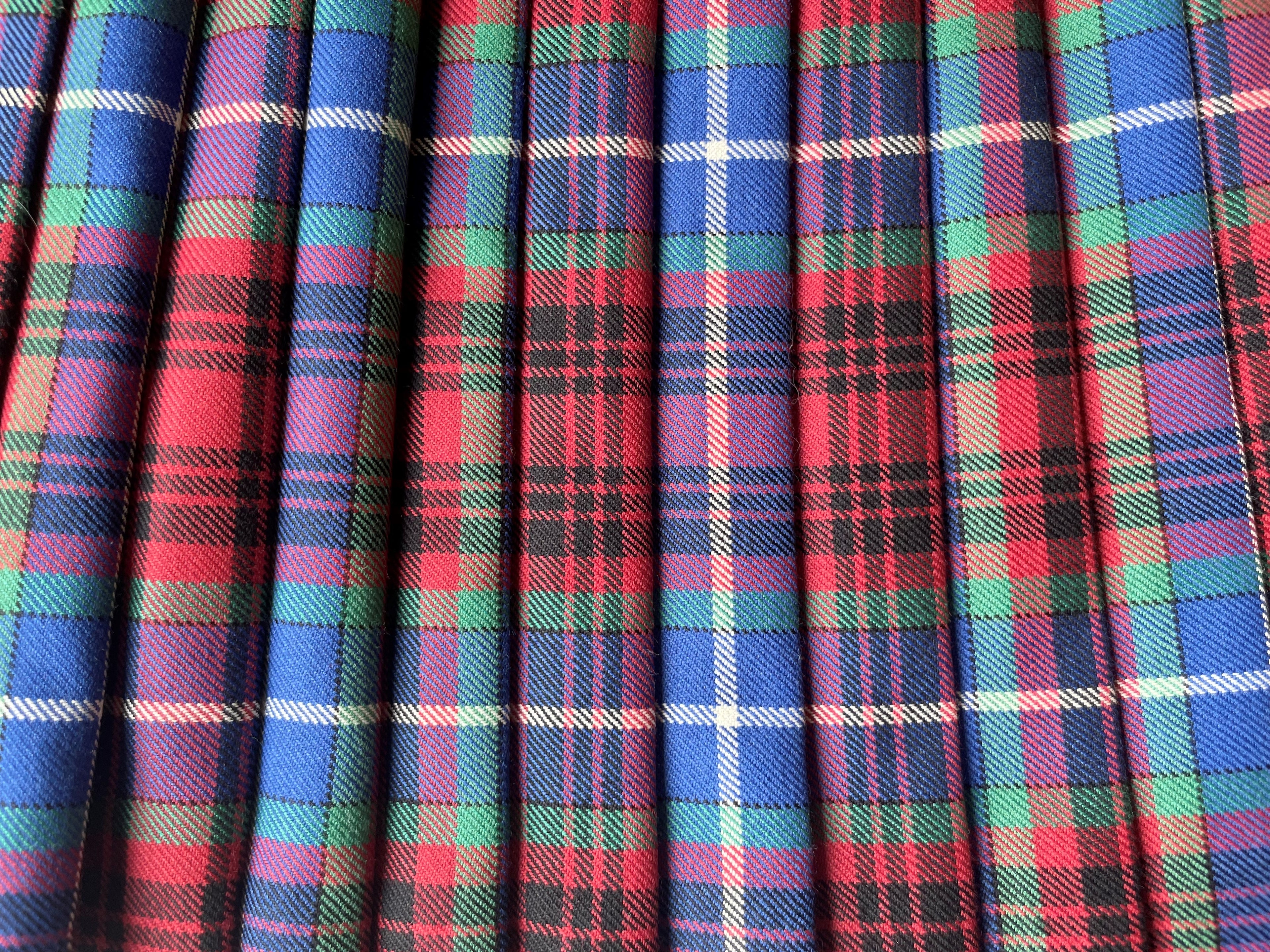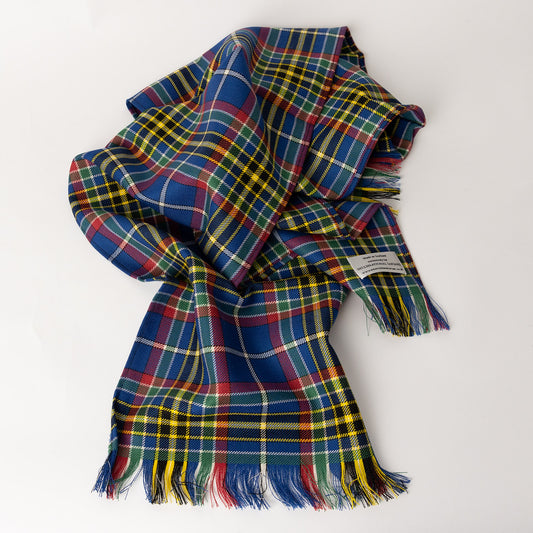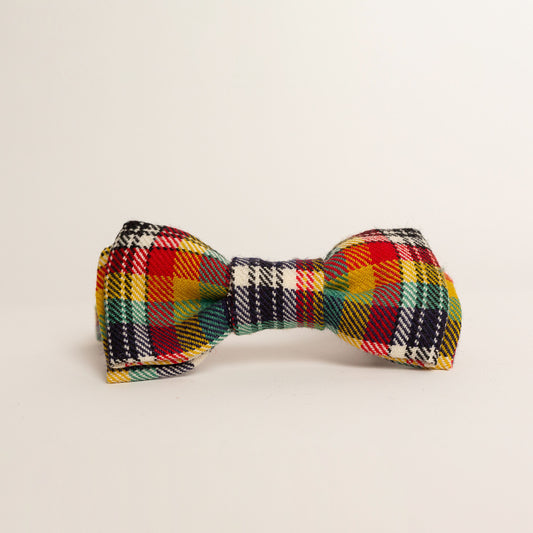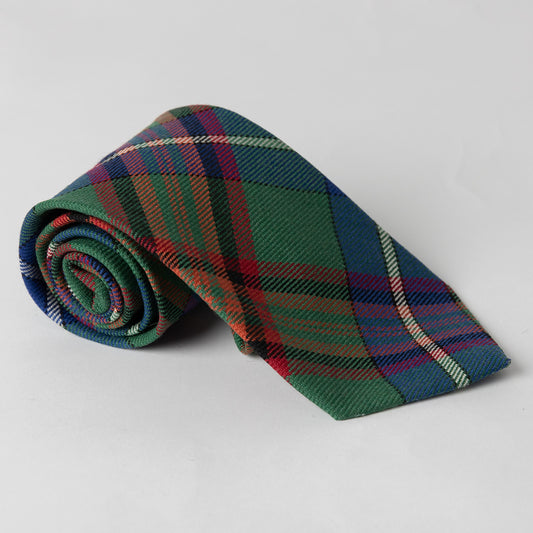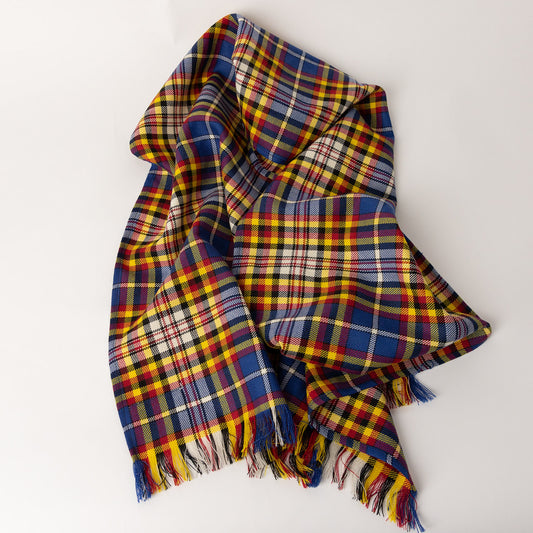People in the supposed developed world often allude to Africans as if they were from a single mono-cultural country rather than a continent of 54 separate, richly diverse nations, each with its own unique mix of cultures, dialects, and ethnic groups. Nigeria alone has over 300 ethnic groups, and 200 dialects. The size of Africa is also under-estimated: it is truly vast. This cradle of humanity has deserts the size of the USA, a forest the size of India, countries three times the size of France, and contains all, and more, of the resources it needs for its 1.2 billion people. It is immensely rich in natural resources and it helps to feed and water the world. Without it the developed world would barely function. Yet the overwhelming majority who live there, live in poverty. Official figures show that 48 of the 54 African countries are amongst the poorest in the world and, astonishingly, despite its riches, 19 out of 20 of the poorest countries on the planet are in Africa.
It isn't chance that keeps the peoples of Africa trapped in poverty. It is man-made factors like a debt burden that prevents recovery, a lack of control over land and resources and the impact of climate change - despite the selfless generosity and efforts of an army of active citizens in Africa and around the globe who support humanitarian good.

‘Tartans for Africa’ was set-up to make a small contribution to improving the lives of as many ordinary people by using one of the world’s distinctive symbols to create an inter-tribal, international identity for African countries: an identity that creates awareness, but can also be utilised by citizens to promote their country and create sustainable employment.
Each African country has a national flag of two or more colours and, since the unique method of weaving tartan cloth lends itself to an almost endless variety of colour combinations, by selecting the colours in these flags, combined with other cultural references, a unique and distinctive tartan has been designed and woven for 24 countries.

"Scotland’s relationship with Malawi is perhaps unique – with almost every town or village in Scotland having some connection."
Nicola Sturgeon, (Former) First Minister of Scotland

During the design process International Tartans consulted, as far as possible, with High Commissions or Embassies and representative groups and individuals in the UK and Africa. Each design was co-produced and enthusiastically welcomed, perhaps not surprising given that nearly every country in Africa has traditional forms of dress using colourful cloths.
Tartans can inspire self-pride, a kind of cultural connectivity that is positive by using a product from one culture to infuse cultural relevance in another. In a subtle way it represents the entirety of what multiculturalism and inter-culturalism seek to achieve.

“Thousands of children are dying needlessly from preventable diseases each day in Africa because of poverty. The suffering in Africa is desperate. But we lose out too. Within those thousands of children there is artistic talent now forever untapped, scientific discoveries never found, sporting achievements not reached, musical compositions never created. And we are all worse for it.”
Lord Jack McConnell, (former) First Minister of Scotland and Founder of Scotland-Malawi Collaboration Agreement
Following the design, registration and initial weaving of the tartans, community enterprise initiatives were set-up and developed in Zimbabwe, Zambia and Malawi. Representatives of those countries living and working between Scotland and their motherland helped facilitate the partnership development that was needed to get projects established. All three of these projects were based around teaching women design and sewing skills and supporting them to set-up micro-enterprise for making clothes and accessories using the tartan designs for their respective countries. The Zimbabwean and Malawian Textiles Projects developed as women’s co-operatives. The Zimbabwean project also worked with the national curriculum in Zimbabwe to expand the Diploma in Textiles and Design to incorporate inter-cultural designs for students!

The Malawian Tartan Project was supported by colleagues in Strathclyde University and The University of Malawi as part of the Malawi Millennium Project (2000-2015). After 3 years, the tartan was archived as the women entrepreneurs had developed their own designs and product lines in response to their market demand. However, tartan was the catalyst and the education, training and textiles manufacturing continues.
With the support of European Social Funding International Tartans contributed to the global ‘Send a Girl to School’ Campaign from 2008 – 2015. Donors chose approved African Tartans that were directed to co-operative members in Africa to make skirts for girls and young women. This provided employment, funded training programmes and gave girls and young women in schools in Zambia, Zimbabwe, South Africa and Malawi.

International Tartans have run numerous Tartans for Africa Fashion Shows in collaboration with Strathclyde and Edinburgh Universities as well as Heriot Watt School of Textiles, raising in excess of £50k for health and education projects in Malawi, Tanzania, Zambia and Zimbabwe.
Simultaneous to the work in Africa, we had African women, including a Zimbabwean Fashion Designer (Tecla Wright), working here in Scotland, using the tartan and her design skills to work with African Refugee women in Edinburgh and Glasgow. We taught practical dressmaking skills and facilitated ESL as part of the process. This textiles initiative brought isolated women together in common purpose and community.
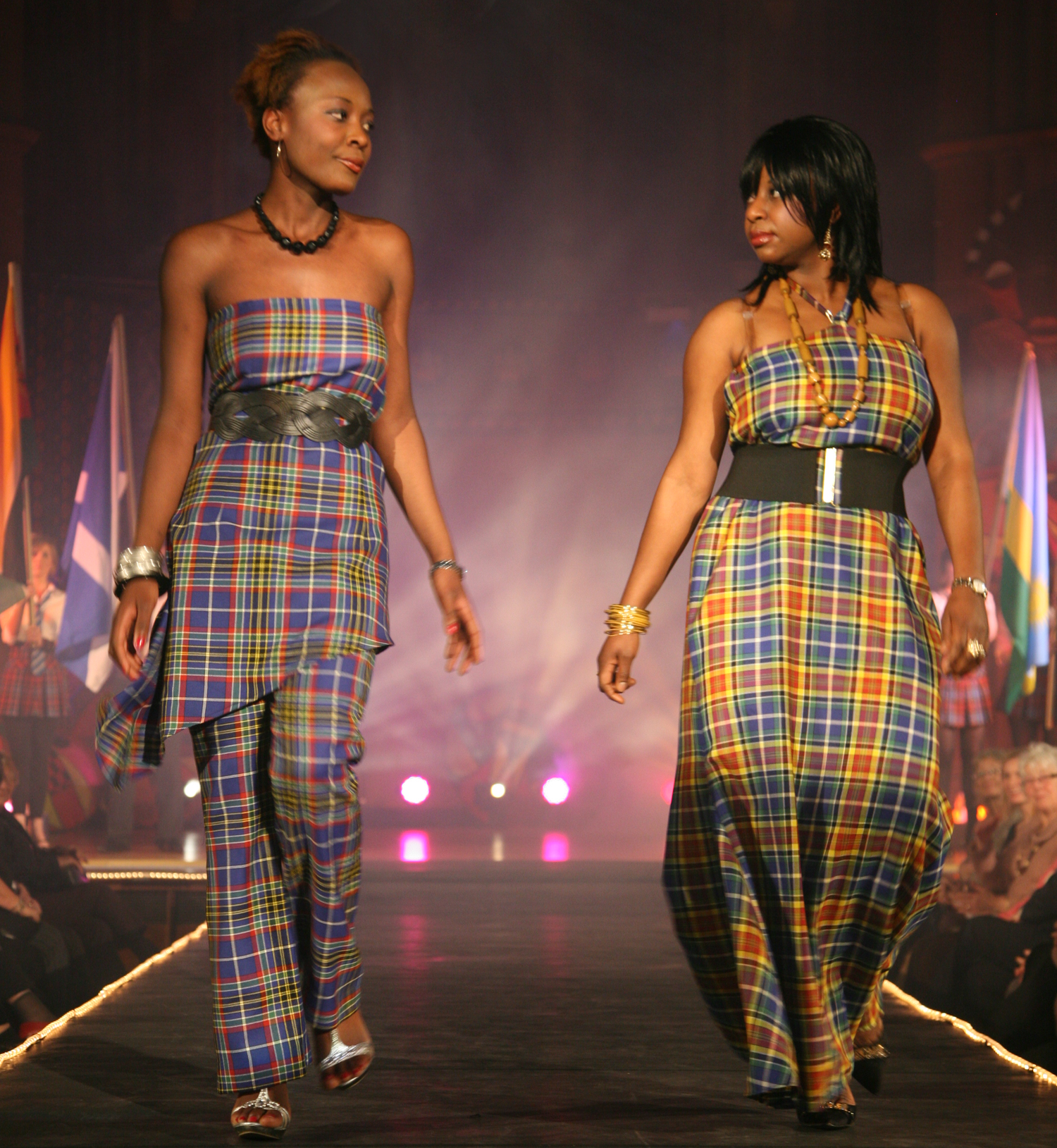
Simultaneous to the work in Africa, we had African women, including a Zimbabwean Fashion Designer (Tecla Wright), working here in Scotland, using the tartan and her design skills to work with African Refugee women in Edinburgh and Glasgow. We taught practical dressmaking skills and facilitated ESL as part of the process. This textiles initiative brought isolated women together in common purpose and community.
A number of other organisations for ethnic minority women grew up around this work. Other tartans were subsequently designed as a result to support the inclusion of ethnic Pakistani and Sri-Lankan women who had chosen Scotland as their home.
Products
-
South Africa Scarf
Regular price £35.00Regular priceUnit price per -
Zimbabwe Bow Tie
Regular price £36.00Regular priceUnit price per -
Zambia Tie
Regular price £37.00Regular priceUnit price per -
Uganda Scarf
Regular price £35.00Regular priceUnit price per

